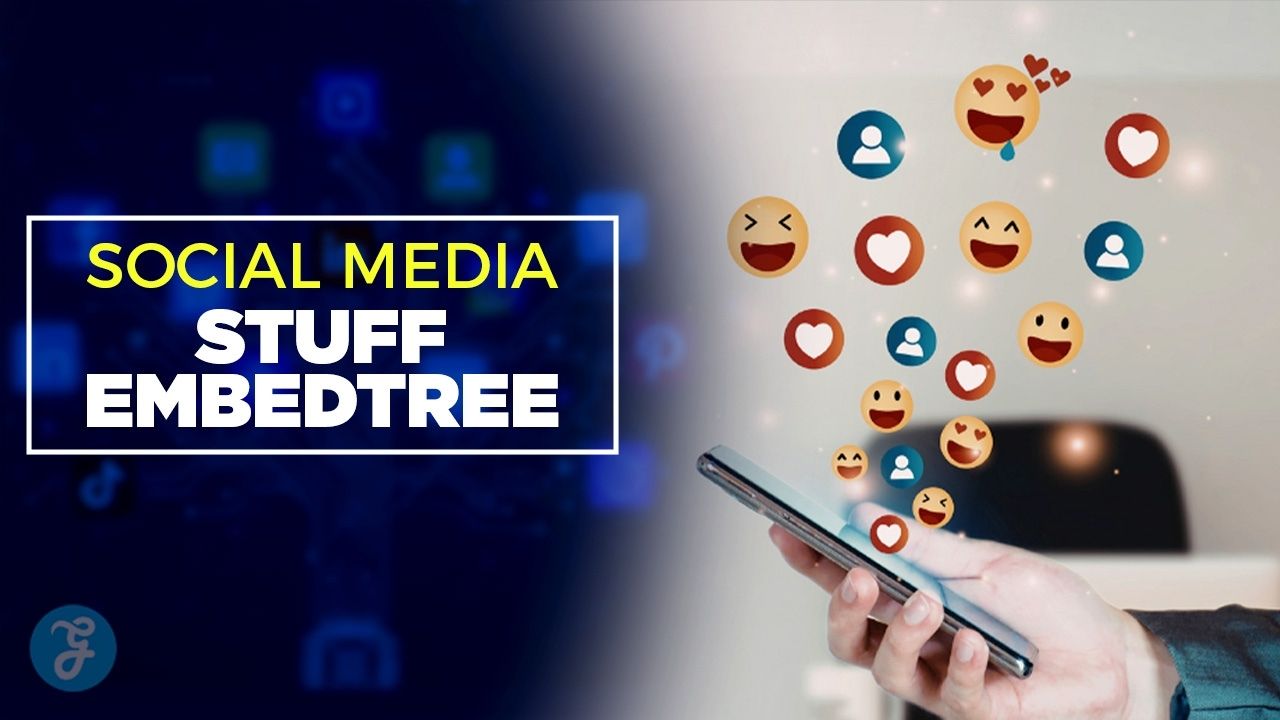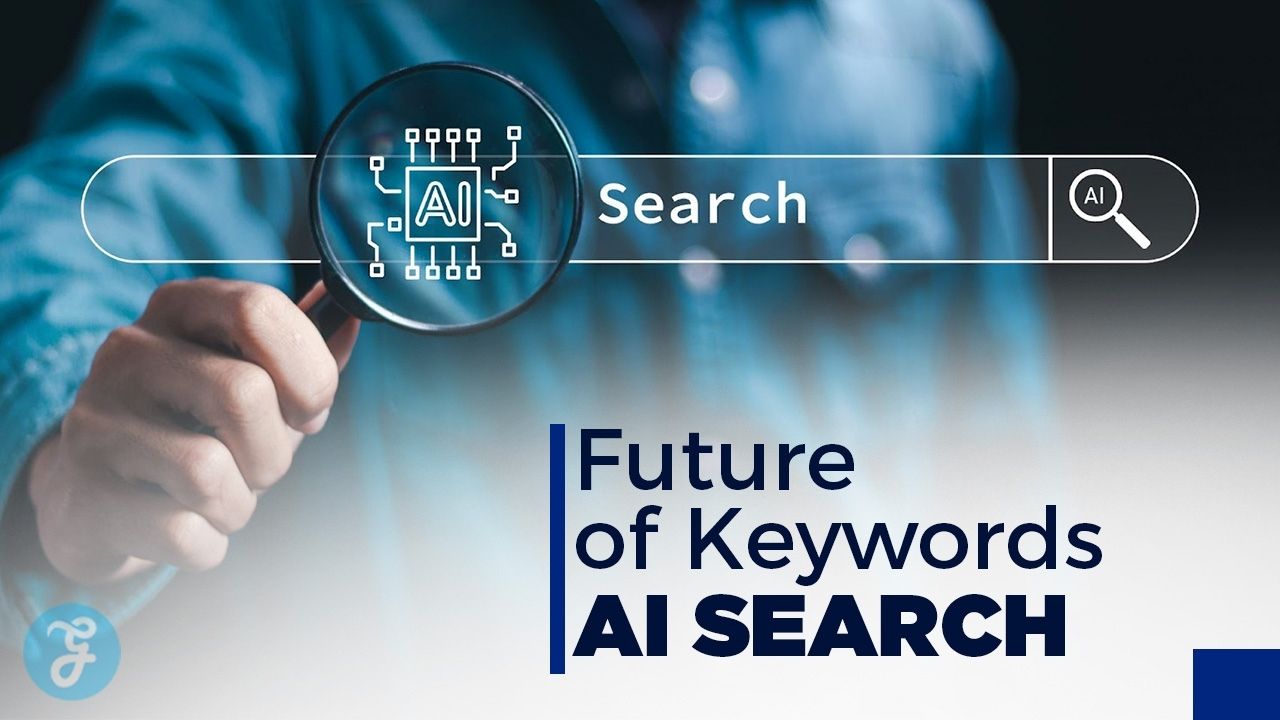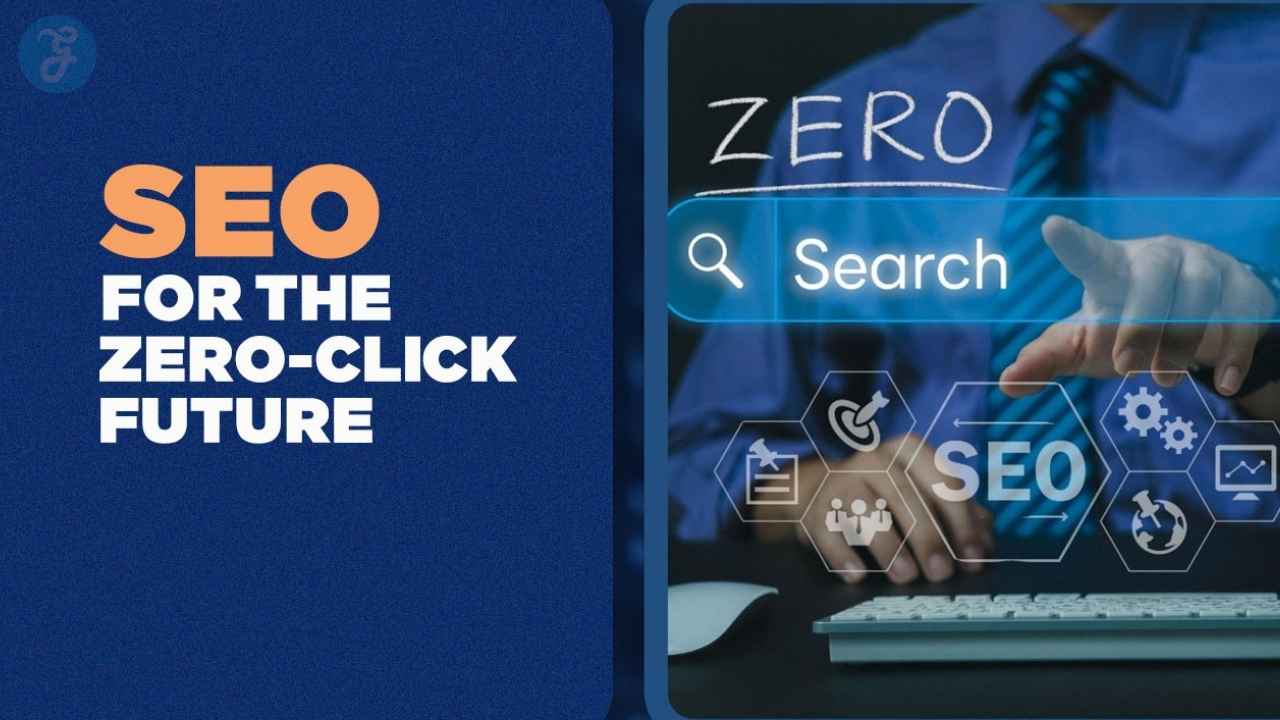Artificial intelligence is transforming healthcare at an unprecedented pace, and the numbers speak for themselves. According to AllAboutAI.com, the AI healthcare market is projected to reach an astounding USD 148.4 billion by the end of 2029. This explosive growth is driven by groundbreaking innovations that are set to revolutionize diagnostics, treatment, and patient care.
This is not it; from predictive analytics to personalized medicine, AI is heading toward a healthier future, unlocking exceptional healthcare delivery and management potential. When discussing AI and healthcare, referring to reliable sources for accurate and up-to-date information is essential.
Stay with us as we explore the fascinating relationship of AI with healthcare, uncovering the innovations that are shaping the future of medicine.
Innovations in AI for Healthcare
1. Medical Imaging and Diagnostics
AI algorithms excel at pattern recognition, making them particularly useful in medical imaging and diagnostics. Machine learning models are trained to analyze X-rays, MRIs, and CT scans with a high degree of accuracy, often exceeding that of human radiologists.
Case Study: DeepMind and Moorfields Eye Hospital
DeepMind, in collaboration with Moorfields Eye Hospital in London, developed an AI system that can detect over 50 eye diseases from retinal scans. This AI system matches or outperforms world-leading ophthalmologists in diagnosing these conditions, allowing for earlier and more accurate diagnoses, which are crucial for preventing vision loss.
2. Predictive Analytics
Predictive analytics powered by AI helps in anticipating patient outcomes and disease outbreaks. Hospitals use AI to predict which patients are at risk of complications, allowing for proactive interventions.
Case Study: Sepsis Prediction at Johns Hopkins Hospital
Johns Hopkins Hospital implemented an AI-driven early warning system that monitors patient data in real-time to predict the onset of sepsis. This system has significantly reduced the incidence of sepsis by providing early alerts to medical staff, leading to timely interventions and improved patient outcomes.
3. Personalized Medicine
AI facilitates personalized medicine by analyzing genetic information and other patient data to tailor treatments to individual needs. This approach is particularly beneficial in oncology, where AI can identify the most effective treatment plans based on a patient’s genetic makeup.
Case Study: IBM Watson for Oncology
IBM’s Watson for Oncology uses AI to recommend cancer treatments by analyzing a vast database of medical literature and patient records. At Manipal Hospitals in India, Watson for Oncology has been used to assist oncologists in developing treatment plans tailored to the genetic profiles of cancer patients, improving the accuracy and effectiveness of treatments.
4. Virtual Health Assistants
Virtual health assistants powered by AI are becoming increasingly common. These AI-driven applications can perform a range of tasks, from answering health-related questions to scheduling appointments and providing medication reminders.
Case Study: Ada Health
Ada Health has developed an AI-powered health assistant that provides users with a preliminary diagnosis based on their symptoms. By analyzing user inputs, Ada can suggest possible conditions and recommend whether to seek medical attention, helping users make informed decisions about their health.
5. Robotic Surgery
AI is also making strides in robotic surgery. Robotic systems like the da Vinci Surgical System use AI to assist surgeons in performing complex procedures with precision and minimal invasiveness.
Case Study: Da Vinci Surgical System
The da Vinci Surgical System has been used in over 6 million surgeries worldwide. This AI-enhanced robotic system provides surgeons with high-definition 3D visualization and precise control over surgical instruments, leading to fewer complications, less pain, and quicker recovery times for patients.
Future Prospects of AI in Healthcare
1. Enhanced Drug Discovery
The future of AI in healthcare holds great promise for drug discovery. Traditional drug discovery processes are time-consuming and expensive. AI can significantly speed up this process by analyzing vast datasets to identify potential drug candidates.
Case Study: BenevolentAI
BenevolentAI uses AI to accelerate the discovery of new drugs. During the COVID-19 pandemic, BenevolentAI identified a rheumatoid arthritis drug, baricitinib, as a potential treatment for COVID-19, which was later validated in clinical trials.
2. Improved Patient Monitoring
AI-powered wearable devices and sensors are set to revolutionize patient monitoring. These devices can continuously collect and analyze health data, providing real-time insights into a patient’s condition. For more on how technology can help maintain health, see this article on top health-maintaining gadgets.
Case Study: Apple Watch and AFib Detection
The Apple Watch’s AI-driven heart monitoring feature can detect atrial fibrillation (AFib), a common heart arrhythmia. By continuously monitoring heart rhythms, the Apple Watch can alert users to irregularities, prompting them to seek medical evaluation and potentially preventing strokes.
3. AI in Mental Health
AI is poised to make significant contributions to mental health care. Machine learning algorithms can analyze speech patterns, social media activity, and other data to detect early signs of mental health disorders.
Case Study: Woebot
Woebot is an AI-driven chatbot that provides mental health support through cognitive-behavioral therapy (CBT). Users can interact with Woebot to discuss their feelings and receive personalized CBT techniques, making mental health care more accessible and reducing the stigma associated with seeking help.
4. Precision Public Health
AI has the potential to enhance public health by providing precise and targeted interventions. By analyzing large datasets from various sources, AI can identify trends and patterns in disease outbreaks, enabling public health officials to respond more effectively. To learn about recent advancements in early diagnosis, check out this article on early Parkinson’s diagnosis through blood tests.
Case Study: BlueDot and COVID-19
BlueDot, an AI-powered health monitoring platform, was among the first to detect the COVID-19 outbreak by analyzing global news reports, airline data, and other sources. BlueDot’s early warning system alerted public health officials to the potential pandemic, highlighting the critical role of AI in global health surveillance.
5. Ethical and Regulatory Considerations
As AI continues to evolve, ethical and regulatory considerations will play a crucial role in its integration into healthcare. Ensuring patient privacy, data security, and addressing biases in AI algorithms are paramount. Regulatory bodies will need to establish guidelines and standards for the use of AI in healthcare to ensure patient safety and trust.
6. AI in Healthcare Administration
Beyond direct patient care, AI can streamline healthcare administration. AI-driven systems can optimize hospital operations, manage patient flow, and reduce administrative burdens on healthcare providers.
Case Study: Cleveland Clinic
Cleveland Clinic uses AI to optimize its operational efficiency. By analyzing patient flow data, the AI system helps predict patient admissions and optimize staffing levels, leading to improved patient care and reduced wait times.
Conclusion
The integration of AI in healthcare is transforming the industry, offering numerous innovations that improve patient care, streamline operations, and advance medical research. The future prospects of AI in healthcare are equally promising, with potential breakthroughs in drug discovery, patient monitoring, mental health care, and public health. However, as AI continues to evolve, it is essential to address ethical and regulatory challenges to ensure these technologies are used responsibly and effectively. With continued advancements and careful consideration of these issues, AI has the potential to revolutionize healthcare and improve the lives of millions of people worldwide.






































